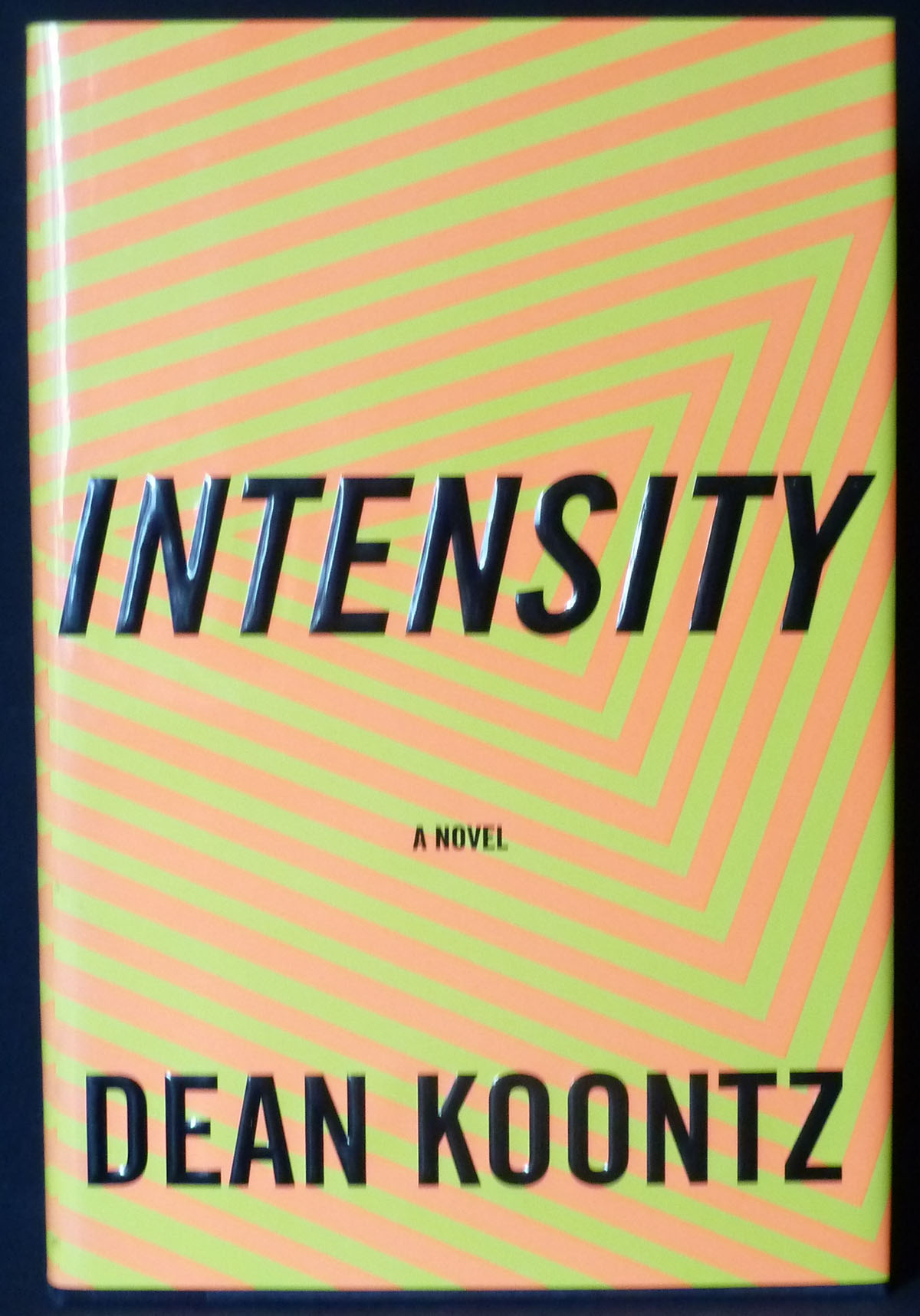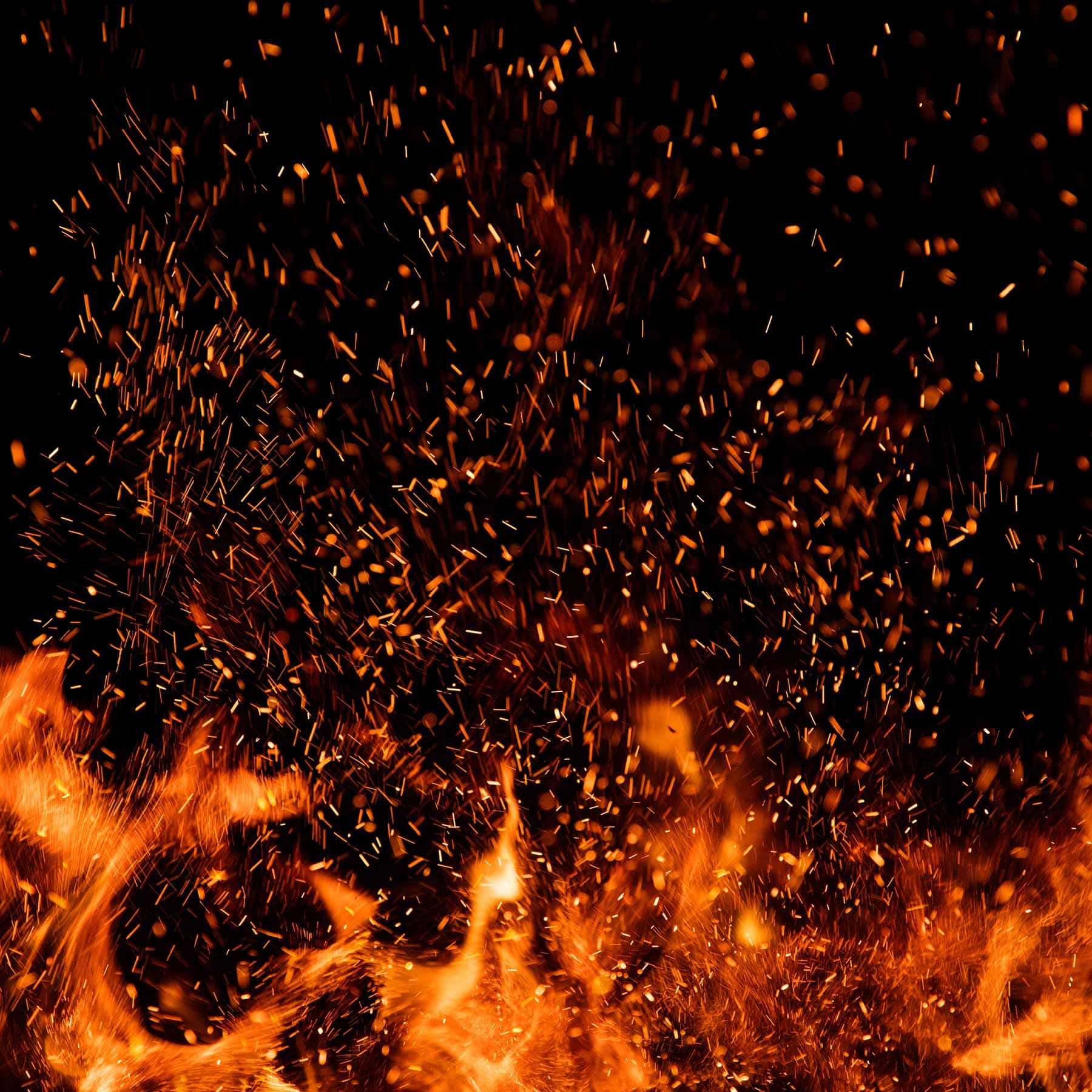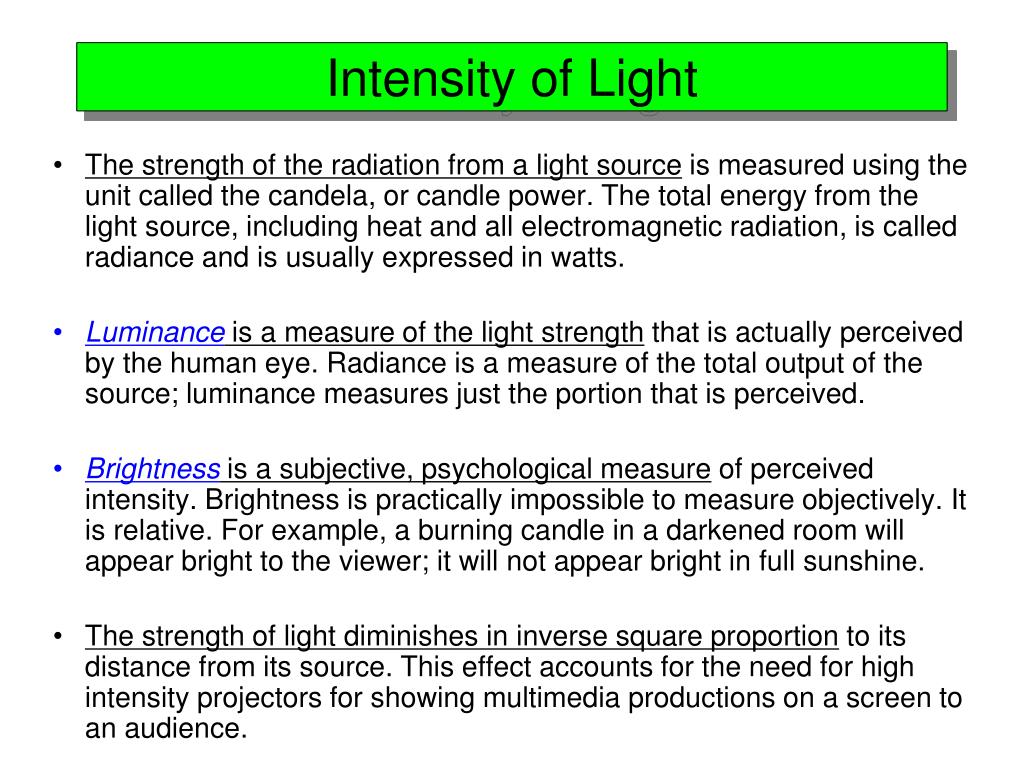

“The quality and message you send with a pass, for example.

They also only give part of the picture, says Eidevall: “You can measure a lot of metrics that play a role in your intensity: what speed you are running at, what speed the ball is travelling at, how many defensive actions you have collectively per opponent pass. “I think stats are great but we have to be very careful in the way we use it.” “I can remember some attacking players would literally just run in and out the final third when play was dead because it’d bump up their stats,” laughs Guinan. He recalls the period shortly after the emergence of GPS trackers when a metric looking at final third entries was a popular one among training staff.
#Intensity is pro#
Steve Guinan is a former pro footballer who is now involved in education for the FA, helping former players make the transition into coaching. But the physical statistics are only one part of the equation, and not always the most useful part. Nicholson describes how GPS tracking units can be used to measure running intensity and camera analysis employed for ball-tracking speed and passes per minute.

The aim should be to play with intensity with and without the ball.” “The ability to play quick, move quick and think quick is so important in the modern-day game. The speed of player movement, the speed of ball movement and the speed of thought,” he says. “It’s about the speed of football actions. That “collective display of intensity” requires many things of a team, says UEFA Pro Licence holder and football consultant Kevin Nicholson. A collective display of intensity, provoke them offensively and cut their connections defensively. “That’s what we wanted: to be able to cause each team problems this season by creating as many speed-up situations as possible. That also means that you have to rest more and decrease volume to not get injured or carry fatigue into the next match.
#Intensity is full#
“In order to train that you have to train with full intensity as often as possible. “The most powerful intensity in football is collective intensity, that everyone in the team acts on the same cue and shifts the intensity together,” says Eidevall. That means it’s done at speed and in an entirely collective way. The intensity of the press has to be really high.” Therefore, when you lose the ball, you’ve got to be straight at them trying to win the ball back within three or four passes to avoid getting done in behind on the counter-attack. “So you know that you’re at your most vulnerable when you lose the ball. So you are potentially attacking with a six or a seven, and only defending with a three. “Because if you’re Liverpool, you’re committing Mo Salah, Roberto Firmino, Luis Diaz, Konstantinos Tsimikas or Andy Robertson, Trent Alexander-Arnold and one or two of your central midfielders.

“And that’s not just in terms of the pace they play at when they’ve got the ball, the tempo then also comes into effect when they lose the ball. “Liverpool used to destroy teams with their tempo, teams couldn’t live with them,” says Higginbotham. Intensity encapsulates using your brain and your physical output in a game of football.” I don’t think it’s just about running around like headless chickens. “Intensity means being ready for a game of football mentally as well as physically. He says it is different from working hard and different from pressing. “If you asked me for a word that describes me or the teams I played in at their best, that’s the word I’d use: intensity.” “Intensity is my favourite word in football,” says former Liverpool defender turned Sky Sports pundit Jamie Carragher when The Athletic quizzes him about it. “Our identity is intensity, and the intensity we put into the game was really incredible,“ beamed Liverpool manager Jurgen Klopp after a dominant 3-1 win over Arsenal in 2019.īut what exactly is intensity in football? And what does it look like on the pitch? Is it purely about effort and energy expenditure? Is it about speed of play and by extension speed of thought? Is it about applied aggression and smothering the opposition?


 0 kommentar(er)
0 kommentar(er)
